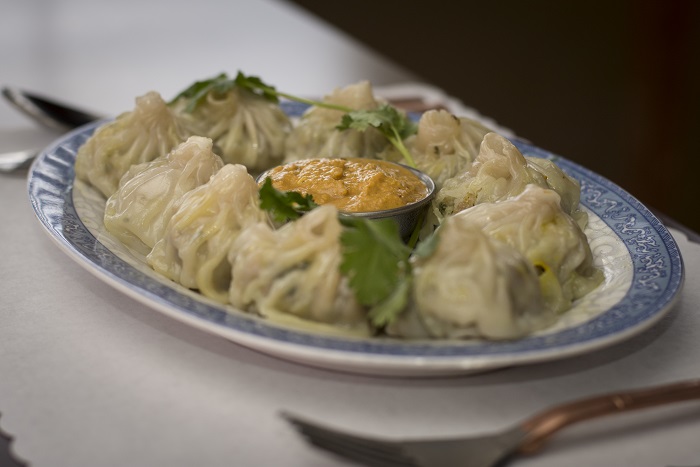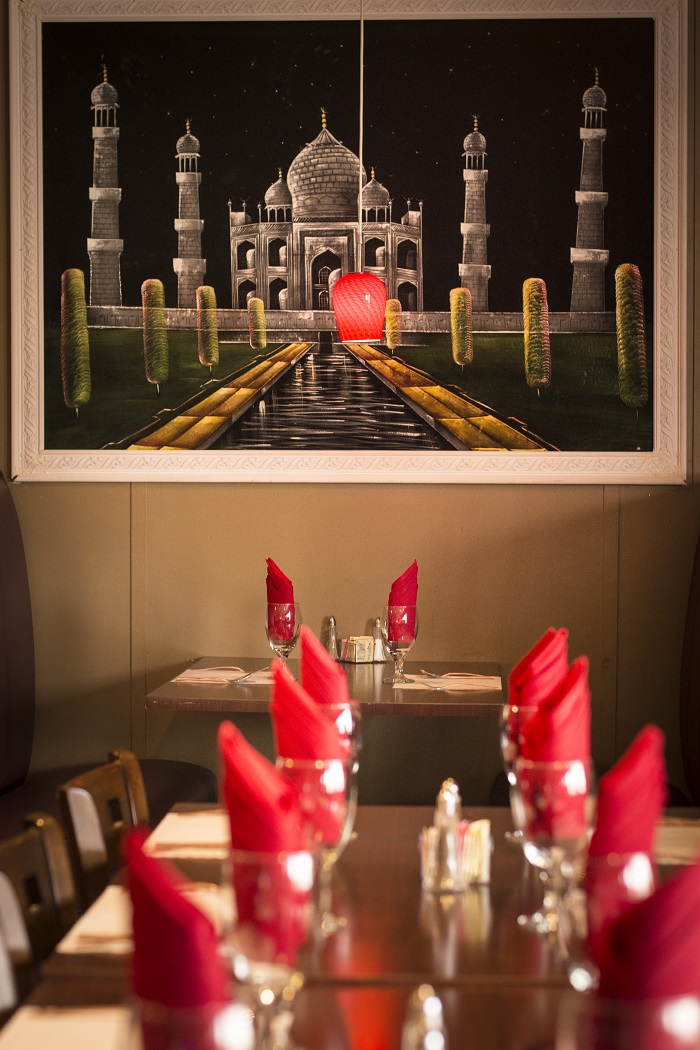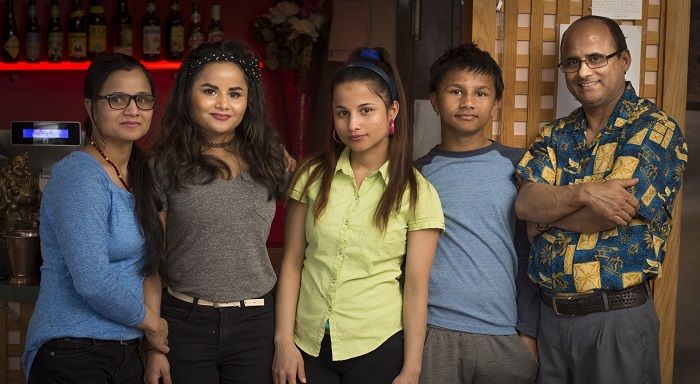
Spice Kitchen Incubator is allowing new immigrants from countries such as Bhutan to start businesses on a shoestring, making the American Dream come true for refugees Kamal and Geeta Niroula, owners of the Bhutan House Restaurant.
Five years ago, the S.P.I.C.E. Kitchen Incubator (Supporting the Pursuit of Innovative Culinary Entrepreneurs), came out of a demand from the refugee clients. “They have experience in culinary training and they wanted to use that to start businesses and provide for their families,” says Casidhe Holland, Food Business Scale-up VISTA, Spice Kitchen Incubator. “We work with refugees, immigrants, and people of low income in the community.”
“Spice Kitchen Incubator is a program of the International Rescue Committee,” says Holland. “The IRC is a global humanitarian aid organization in the U.S., it’s efforts are focused on refugee resettlement.” The IRC operates out of 26 other U.S. locations, Africa, Asia, the Middle East, and Europe.
Making a business plan, marketing, financial projections and certifications are some of the things the Spice Kitchen offers their clients. It’s a five-year program. “We go through basically everything you need to know about running a business and then we help them get their licenses and permits. This is ‘pre-incubation’ that takes 6–8 months,” says Holland. “Once they are a fully-licensed business, they move into ‘incubation,’ and that’s when they start using the kitchen space for a subsidized rate, and we connect them to market opportunities.”
Bhutan House Restaurant and Laan Na Thai Restaurant are two of the restaurants that have come out of the Spice Kitchen Incubator. Mother of All Sudanese Cuisine, Jamaica’s Kitchen, and Ahtti Korean Munchies are food trucks that got their start at the Spice Kitchen. Most of the Spice Kitchen chefs do only catering.
“Utah is a peaceful place,” is what Kamal had heard from a couple of people while he was living in Beldangi II, a refugee camp in Nepal for people who had been kicked out or escaped from the Kingdom of Bhutan.
Bhutan is a tiny country perched between Tibet and India, in the eastern Himalayas, with a population just over 800 thousand.
Kamal and Geeta met in the refugee camp, and their three children, Kiki, Srijana, and Raj were born there and didn’t know any other way of life.
In the camp, Kamal had a job as a social worker and Geeta did some sewing to make money since they were not allowed to work outside of the camp. The Niroula family were able to immigrate to Utah in 2010.
Kamal was working in the Bombay House restaurant in Salt Lake when he heard about the Spice Kitchen Incubator.

Bhutan House specializes in Bhutanese, Indian, and Nepali cuisine. Although their foods are similar, each country has a national dish. “Ema Datshi curry is the National Curry of Bhutan,” says Kiki. “Bhutan curry is soupy and it’s made with homemade cheese and yogurt, peppers, radishes, and potatoes, so every bite they take they find a different flavor.”
Kamal, Geeta, and Binod Biswa do the cooking at the restaurant. Biswa brings a lot of experience with him as the former chef of Kathmandu Restaurant in Salt Lake.
Butter chicken, and the shrimp, lamb or chicken chow chow are some of the popular dishes served at the restaurant. The weekly lunch buffet features many of the menu items and some of the dishes are rotated daily and weekly.
Bhutan House Restaurant
1241 East 8600 South
Sandy, Utah







